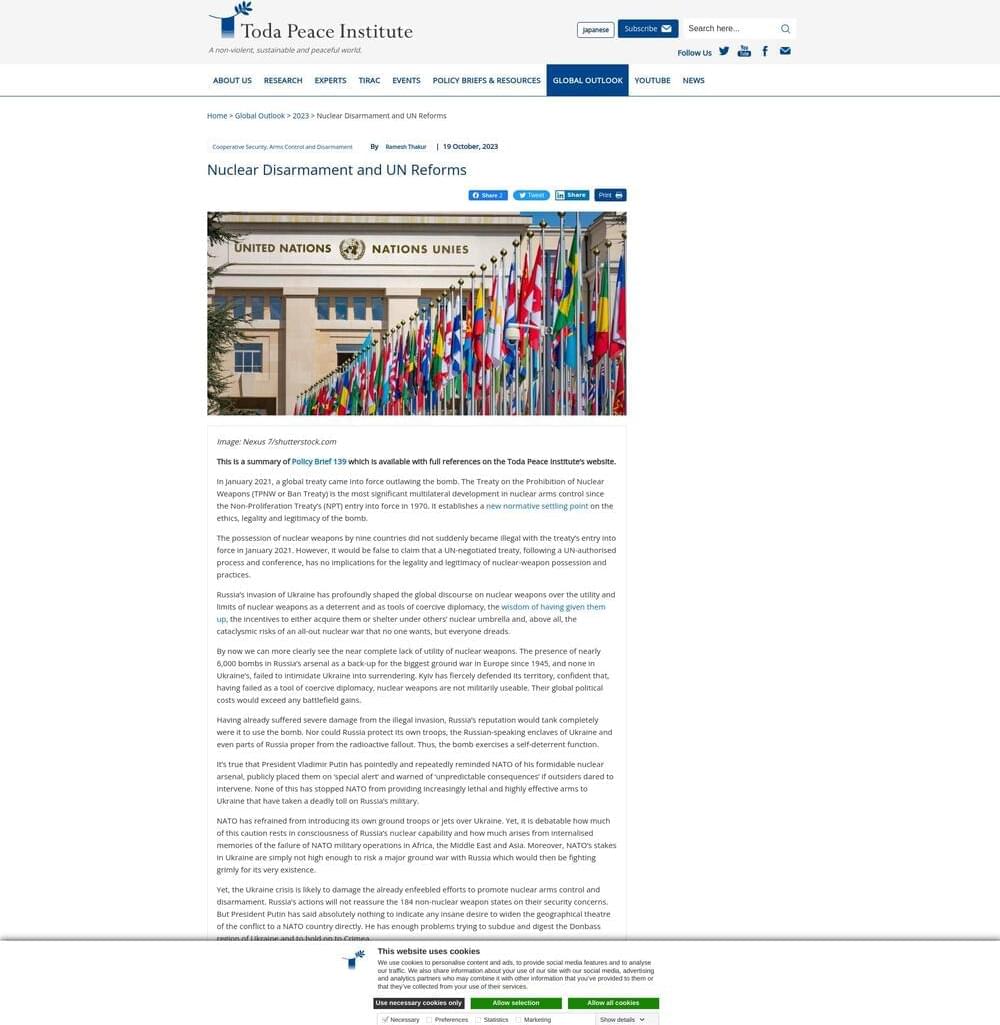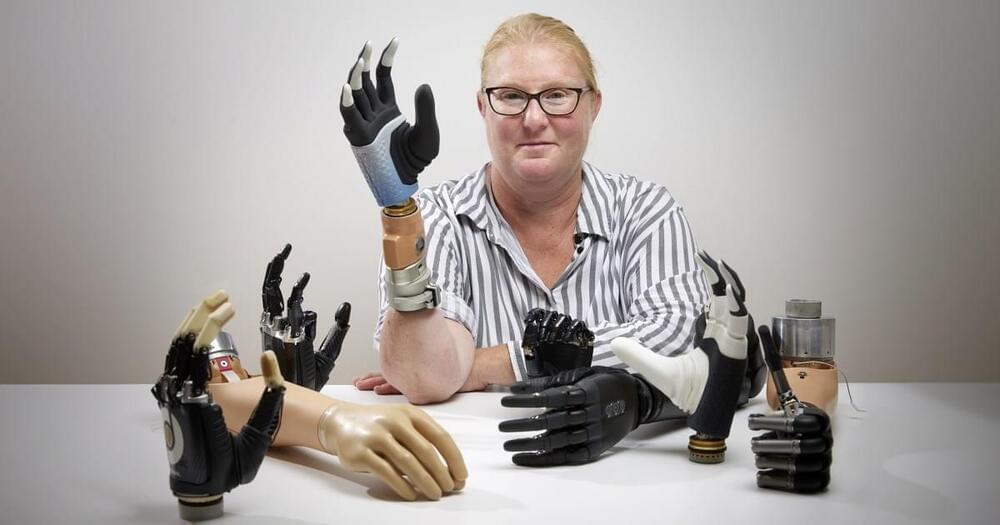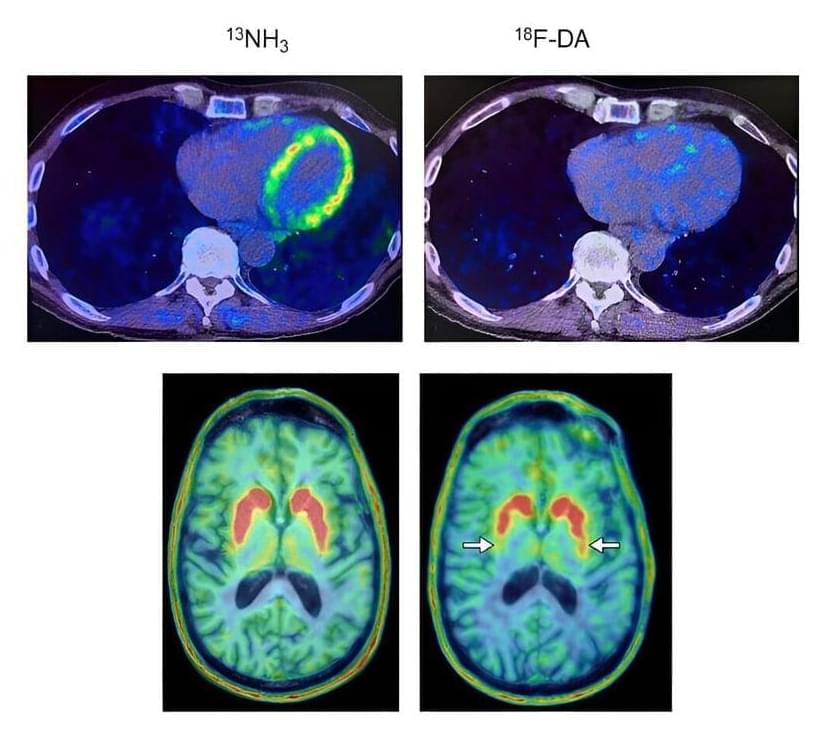Nuclear arms are the most destructive, indiscriminate and monstrous weapons ever produced – but today, we can all celebrate a major milestone in the long march towards peace: the Treaty on the Prohibition of Nuclear Weapons (TPNW) is now part of international law!
The year 2021 also marks the 50th anniversary of Greenpeace, which began life in September 1971 when a small group of activists set sail to the island of Amchitka, off the west coast of Alaska, to try and stop nuclear weapons testing from taking place. Greenpeace could not be more delighted that in the anniversary year of our founding journey, we can join the celebration to mark this historic Treaty coming into force and pay our deepest respects to advocates for this momentous achievement, led by the International Campaign to Abolish Nuclear Weapons (ICAN).
Greenpeace France interviewed Jean-Marie Collin of ICAN France about the challenges and prospects that arise from the Treaty’s entry into force.









